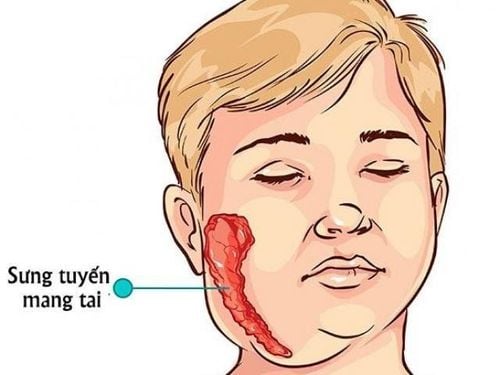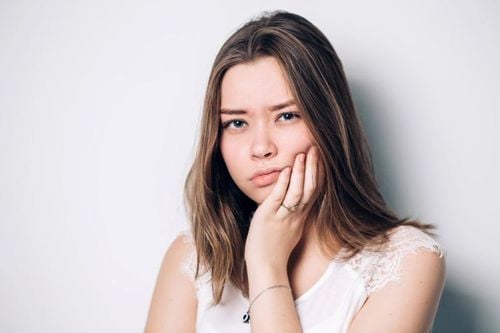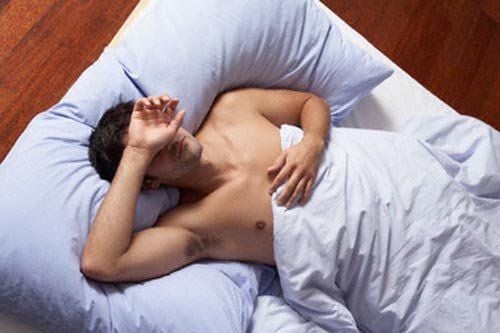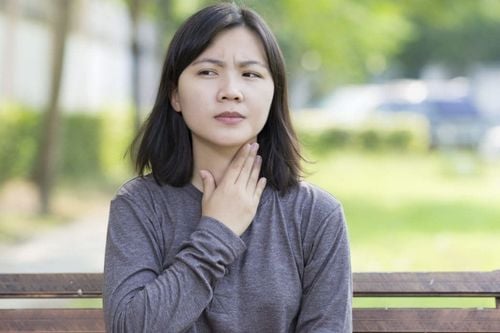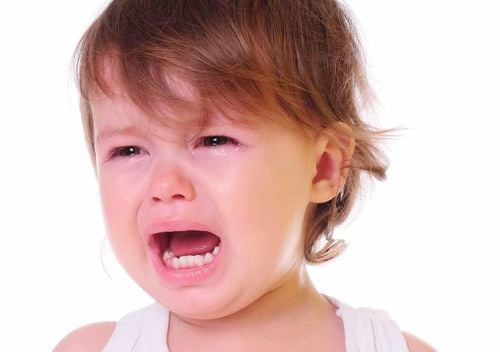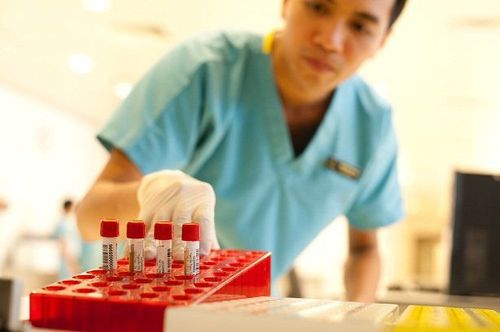This is an automatically translated article.
The article is expertly consulted by MSc Vo Thien Ngon - Urologist, Vinmec Danang International General Hospital.Mumps is a systemic and acute disease caused by viral infection and spread, characterized by fever and swelling of 1 or 2 parotid glands. The disease leaves many complications worth mentioning, of which testicular inflammation is a complication to note that occurs in men.
Complications of orchitis after mumps is very dangerous because it can cause damage to the body during operation and affect other organs. Therefore, timely and proper treatment of this complication is extremely important to prevent unfortunate consequences from occurring.
1. Why do you get orchitis after mumps?
Mumps, also known as parotitis, is an acute infectious disease. The disease often forms epidemics in winter - spring, popular with children and adolescents. Mumps is caused by a virus and is capable of spreading through the respiratory tract from an infected person to a healthy person, even before the disease has started and is still contagious after recovering from the disease.Mumps leaves a very common complication that is orchitis in men and ovarian inflammation in women.
Orchitis after mumps in children is the most common condition with typical symptoms of testicular swelling, pain, firm density, scrotal edema, stretch, red ball, usually only on one side. . Orchitis is a dangerous complication because if the disease progresses more seriously, it can lead to infertility in men.
The cause of orchitis after mumps is that when the body has mumps, if it is too active, it will consume energy, making the body's resistance decrease; Viruses in places like the salivary glands and other nearby sites will spread to the testicles and pancreas. Once penetrated into the testicle, this virus will cause damage to spermatogenic cells, causing edema, damage, and fibrosis. Because the number of seminiferous tubules in the body is only from 400 to 600 in a lifetime, long-term damage and fibrosis of the seminiferous tubules will lead to infertility, but this condition is not common. In addition, when there has been damage in the seminiferous tubules, the man will be very susceptible to injury when there are minor daily collisions such as walking a lot, sitting pressed ...
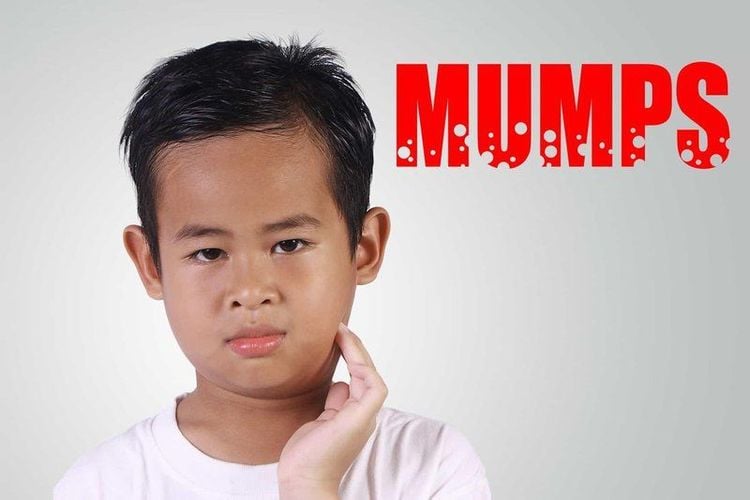
2. Treatment of orchitis after mumps
Treatment of mumps orchitis according to the principle will not have specific treatment but only focus on symptom control. Measures to treat symptoms of orchitis include pain relief, anti-inflammatory.So how long does it take to get rid of orchitis after mumps? Symptoms usually go away on their own after 10 days to 2 weeks. Patients can be monitored for orchitis after mumps by monitoring testicular function through tests such as hormone levels and semen analysis.
Note when treating orchitis at home that the patient needs to lie down absolutely while the testicles are still swollen and painful, wear underwear to hang the testicles, limit injuries when moving and use pain relievers, Anti-inflammatory drugs prescribed by your doctor. In case the disease has progressed to the point where it is no longer possible to produce sperm, it is necessary to go to a male hospital to treat infertility as well as store sperm when the quality of the sperm has not decreased too much.
3. How to prevent orchitis after mumps?
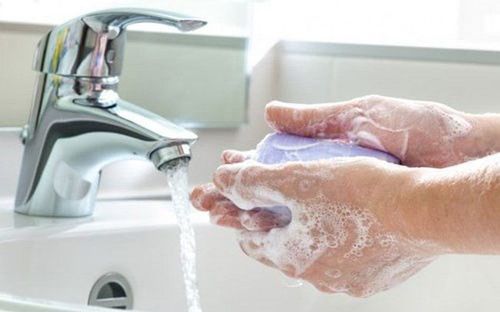
Children, adolescents and adults who are not immune should be vaccinated against mumps. Mumps vaccine is a live attenuated vaccine, used alone or in combination with measles and rubella vaccines. The time of vaccination for young children is from 12 to 14 months of age, should be given a combination vaccine, then a second dose of booster at the age of 4 to 6 years. Pregnant women should also receive 1 dose of specific immunoglobulin.
The treatment of mumps or the treatment of orchitis after mumps so far does not have a specific treatment regimen. Therefore, patients need treatment to control symptoms, prevent complications, increase nutrition and exercise properly.
Please dial HOTLINE for more information or register for an appointment HERE. Download MyVinmec app to make appointments faster and to manage your bookings easily.





